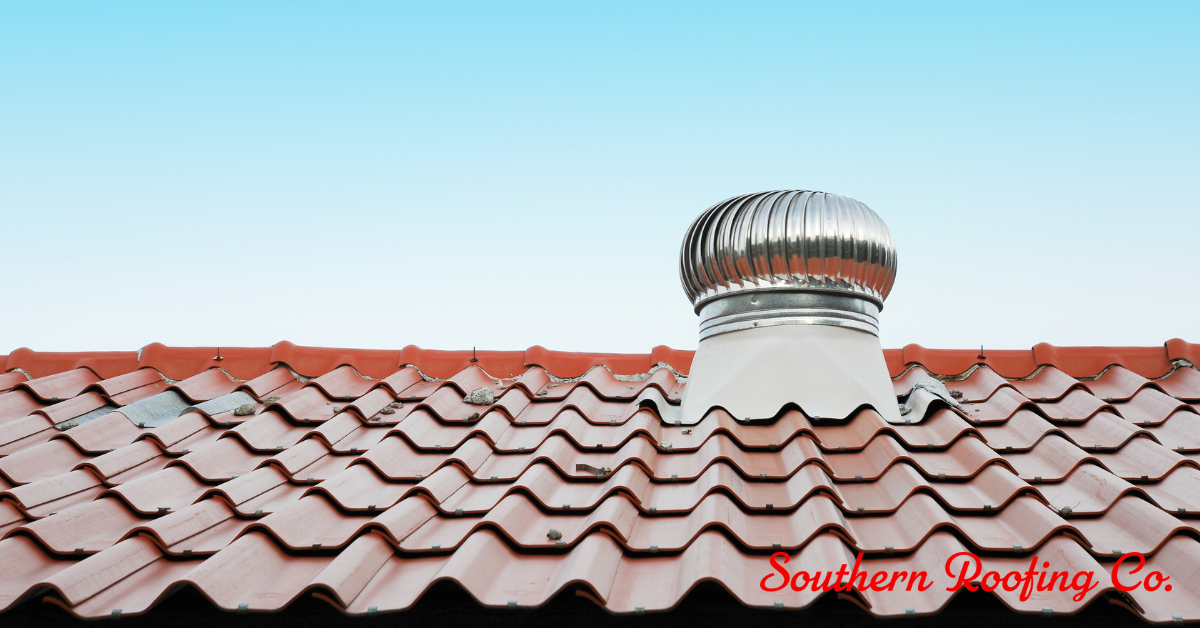
Whether you own a home or a commercial property, the health of your roof is paramount to the overall integrity and comfort of your building. While aspects like roof repair and replacement often grab the headlines, roof ventilation is an unsung hero in the roofing world. A well-ventilated roof is crucial for both residential and commercial buildings, yet it often goes unnoticed. In this comprehensive guide, we, a reputable roofing company right here in Nashville, will delve into the importance of roof ventilation for both your home and business.
Understanding Roof Ventilation
Roof ventilation refers to the system of intake and exhaust that creates a flow of air through your attic space. This airflow is essential for several reasons, which we'll explore in detail.
Why Roof Ventilation Matters
1. Temperature Regulation
In summer, a ventilated roof allows hot air to escape, reducing the heat buildup in your attic. This can lower indoor temperatures and reduce the burden on air conditioning systems, leading to energy savings.
During winter, proper ventilation prevents warm, moist air from condensing on the underside of the roof deck, which can lead to mold growth and deterioration of roof materials.
2. Moisture Control
Roof ventilation helps to expel moisture-laden air from the attic. Excess moisture can lead to mold growth, wood rot, and can even affect indoor air quality.
3. Extending Roof Lifespan
By reducing temperature fluctuations and moisture levels, a well-ventilated roof can extend the life of your roofing materials, delaying the need for roof replacement.
4. Preventing Ice Dams
In colder climates, ventilation helps maintain an even roof temperature, preventing the freeze-thaw cycle that leads to ice dams, which can cause significant damage and necessitate roof repair.
Types of Roof Ventilation
There are several types of roof ventilation systems, each suited to different building styles and roofing needs.
1. Ridge Vents: Ridge vents run along the peak of the roof, allowing hot air to escape from the attic. They are effective and visually unobtrusive, making them a popular choice.
2. Soffit Vents: Located under the eaves, soffit vents allow cool air to enter the attic, working in tandem with ridge vents to ensure a continuous airflow.
3. Gable Vents: Installed in the gable ends of a house, these vents allow moisture and heat to escape, though they are less effective in windy areas.
4. Powered Ventilators: These electric or solar-powered vents actively exhaust hot air from the attic. They are particularly useful in regions with extreme temperatures.
Roof Ventilation for Commercial Roofing
In the world of commercial roofing, ventilation needs can differ significantly from residential properties. Commercial buildings often have larger and more complex roof structures, requiring a tailored approach to ventilation. Factors like building size, usage, and local climate, especially in areas like Middle Tennessee, play a significant role in determining the appropriate ventilation system.
Residential Roofing Ventilation Considerations
Homeowners should pay special attention to their attic ventilation to protect their investment and maintain a comfortable living environment. Regular inspections by a residential roofing company can identify any ventilation issues and rectify them before they lead to bigger problems. Upgrading your ventilation system can also be a cost-effective way to improve energy efficiency and comfort in your home.
Roof Repairs and Ventilation
Often, roof repair is an ideal time to assess and improve your ventilation system. If you're undergoing significant roof repairs or a roof replacement, it's the perfect opportunity to evaluate your current ventilation system and make any necessary upgrades. A professional roofing company can provide guidance on integrating ventilation improvements with your repair or replacement project.
Choosing the Right Roofing Contractor
When it comes to installing or upgrading your roof ventilation system, choosing the right roofing contractor is crucial. A skilled contractor will assess your specific needs based on your building’s design, location, and climate conditions. They can advise on the best ventilation system and ensure it is installed correctly, providing optimal performance and longevity.
Whether you're in need of roof repair, roof replacement, or are constructing a new property, ensure that roof ventilation is a key part of the conversation with your roofing contractor. For residents and business owners in Middle Tennessee, choosing a local commercial roofing company with expertise in the area’s specific climate and roofing needs is essential for ensuring a well-ventilated, durable, and efficient roof. That’s where Southern Roofing Co. comes in! If you’re ready to start your next roofing project, contact us today!

